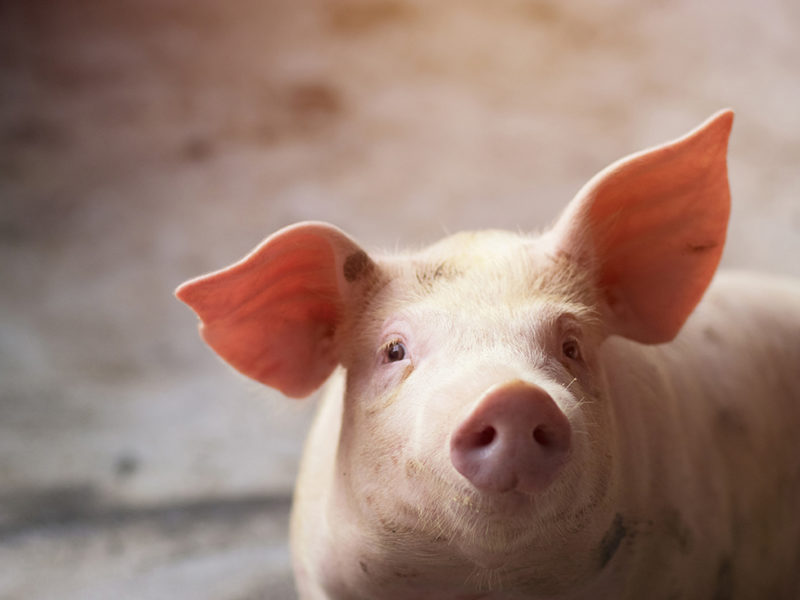ABBOTSFORD – BC’s pork producers insist they are committed to high standards of care for livestock even in the face of a cash crunch.
The National Farm Animal Care Council (NFACC) has proposed amendments to the codes of practice for the care and handling of pigs.
“It’s changing the way pigs are housed,” says Jack DeWit, president of the BC Pork Producers Association (BCPPA).
If adopted, the amendments would provide a five-year extension for pork producers to transition gestating mother pigs from stalls to group housing.
The extension until 2029 is partially based on the impact of the COVID-19 pandemic on the sector, but DeWit suggests there’s another critical factor influencing the proposed delay.
“Farmers have had a tough few years financially, and they haven’t had the ability to convert barns [to group housing],” he says. “The infrastructure is tired. Barns are old and producers are not willing to spend dollars on conversion.”
One of BC’s largest producers shifted to group housing but DeWit anticipates some of the 13 or 14 large commercial farmers in the province could leave the business rather than change housing arrangements.
“If there are no extra returns from the marketplace, producers will make decisions accordingly,” says DeWit, who raised pigs for 40 years.
NFACC brings together stakeholders to develop codes of practice for the care and handling of farm animals while also creating a process for the development of animal care assessment programs and providing a forum for open dialogue on farm animal welfare.
In response to the proposed amendments to the codes of practice, the BC SPCA is calling for an end to confinement housing and an “expeditious transition” to group housing.
“One third of sows in Canada are now housed in groups, demonstrating an important step forward for their welfare. However, two-thirds of farms have yet to make these changes,” says the SPCA in a September 25 media release.
Humane Canada represented BC SPCA on the code development committee. SPCA urges farmers to convert to group housing immediately and to commit themselves to learning the new animal management skills required for group housing, “recognizing that a generation of animal care skills has been lost while farms have been using stalls.”
SPCA also calls on the Canadian Pork Council to report on progress annually, as well as farm compliance, and to eliminate the “loophole allowing farmers to continue keeping their pigs in stalls simply by providing ‘periodic exercise.’” It wants government to fund the transition to group housing and for grocery retailers to honour a commitment to source fresh pork from sows raised in groups.
“BC SPCA is also calling for the creation of an independent, third-party inspection and auditing system for BC farms to ensure the codes of practice, currently self-regulated by industry, are upheld and implemented,” the association says in its media release.
NFACC’s proposed amendments are open for public comment until November 19.
“We encourage all Canadians to express their views during the public comment period on the pig code,” says the SPCA.
But DeWit, who sits on the Canadian Pork Council, is adamant that producers are committed to evolving operations and humane conditions for their livestock.
“Farmers know their animals and farms. They know how their animals behave. There will be a learning curve (with facility conversion) but farmers are people who love their animals,” he says.
More information on the proposed amendments to the codes of practice for the care and handling of pigs can be found at [www.nfacc.ca/ codes-of-practice/pigs].


 Apple returns raise alarm
Apple returns raise alarm